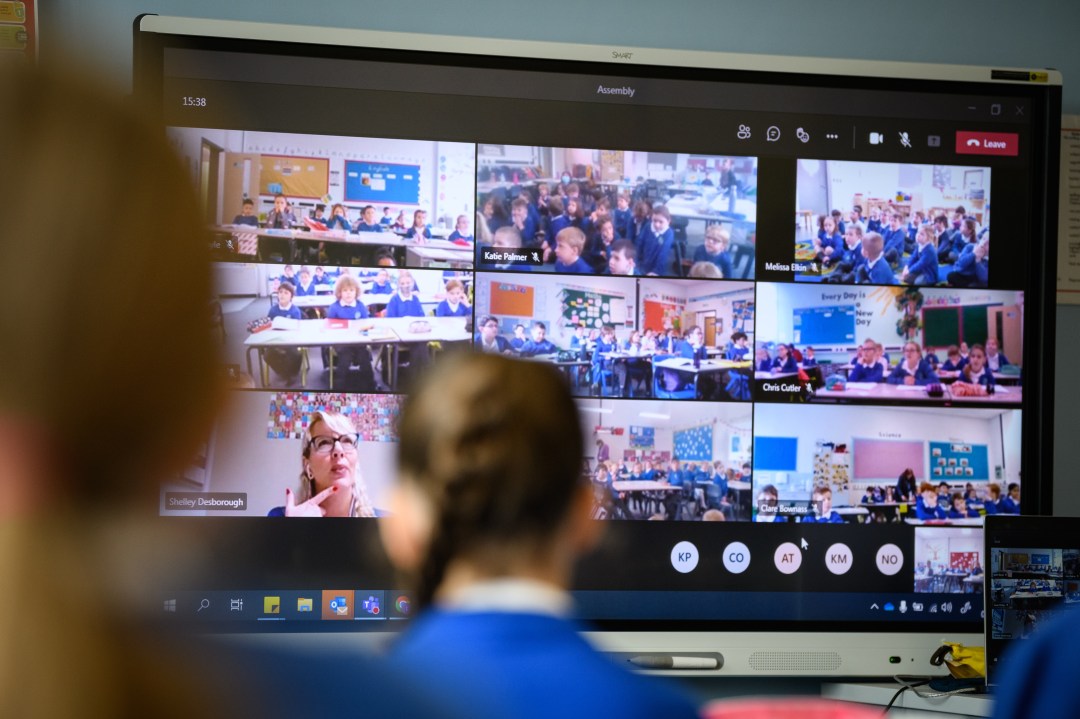Just how damaging has lockdown been to children’s education? An Oxford University study has tried to quantify it by analysing data from Dutch schoolchildren — who, unlike in Britain where exams were cancelled, took tests shortly before and shortly after the first lockdown last spring.
The level of parental education was a big predictor of falling performance
If any country’s children had managed to get through lockdown with their education unscathed, suggest the authors, it ought to be those in the Netherlands. There, schools were closed for a relatively short period — eight weeks — and the penetration of broadband in homes is higher than in any other country. Yet that did not stop children regressing by an average of 3 percentage points in their test scores between February and June.
More worryingly still, the level of parental education was a big predictor of falling performance — the less academically qualified the parents, the more the children regressed: with scores falling by 60 per cent more in groups with the least-educated parents. It confirms what has been suspected in Britain, too — that home-schooling favours children with proactive parents who have the skills and inclination to step in as surrogate teachers.
The Oxford study looked at test results in eight to 11-year-olds in 15 per cent of Dutch primary schools and compared the change in performance between February and June with what it had been in previous years. It found that 10-year-olds were, by a small margin, the age group most affected. Reading skills were most affected, followed by maths and spelling. The drop-off in performance was most acute among those who, prior to lockdown, had been in the middle of the ability range. Those at the top fared a little less badly, perhaps because they had more motivation to work during lockdown. Those at the bottom also fared a little less badly, possibly because their performance had less far to fall. Girls’ performance lapsed a little more than that of boys.
The study affirms one of the drawbacks of cancelling exams and tests in English schools: we have no proper data to analyse the effect of lockdown on English schoolchildren. On the contrary, the effects of lockdown in England have been masked by the use of unadjusted predicted grades for the purposes of GCSE and A levels. Anyone looking in isolation at the exam results of 2020 relative to earlier years, knowing nothing of Covid, would come to the conclusion that children suddenly became a lot more intelligent or that teaching standards underwent a dramatic improvement. They would not guess that actually, the opposite has almost certainly happened, and the abilities of children have nosedived due to the interruption of education. We can be thankful to the Dutch, at least, for persisting with test. These tests have revealed that, even in the ‘best case scenario’ of a short lockdown and good broadband, the education of primary schoolchildren has been deeply affected.








Comments